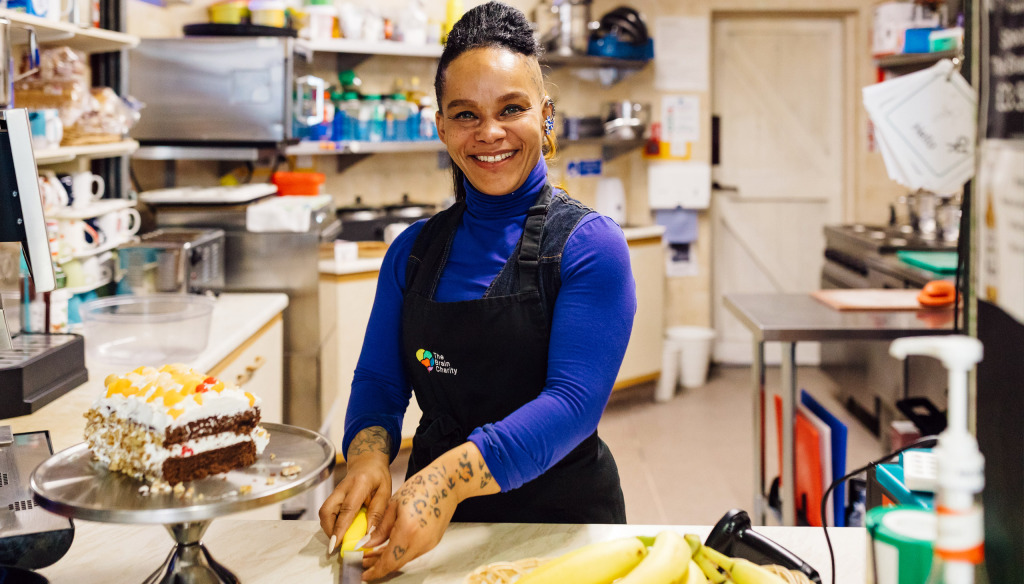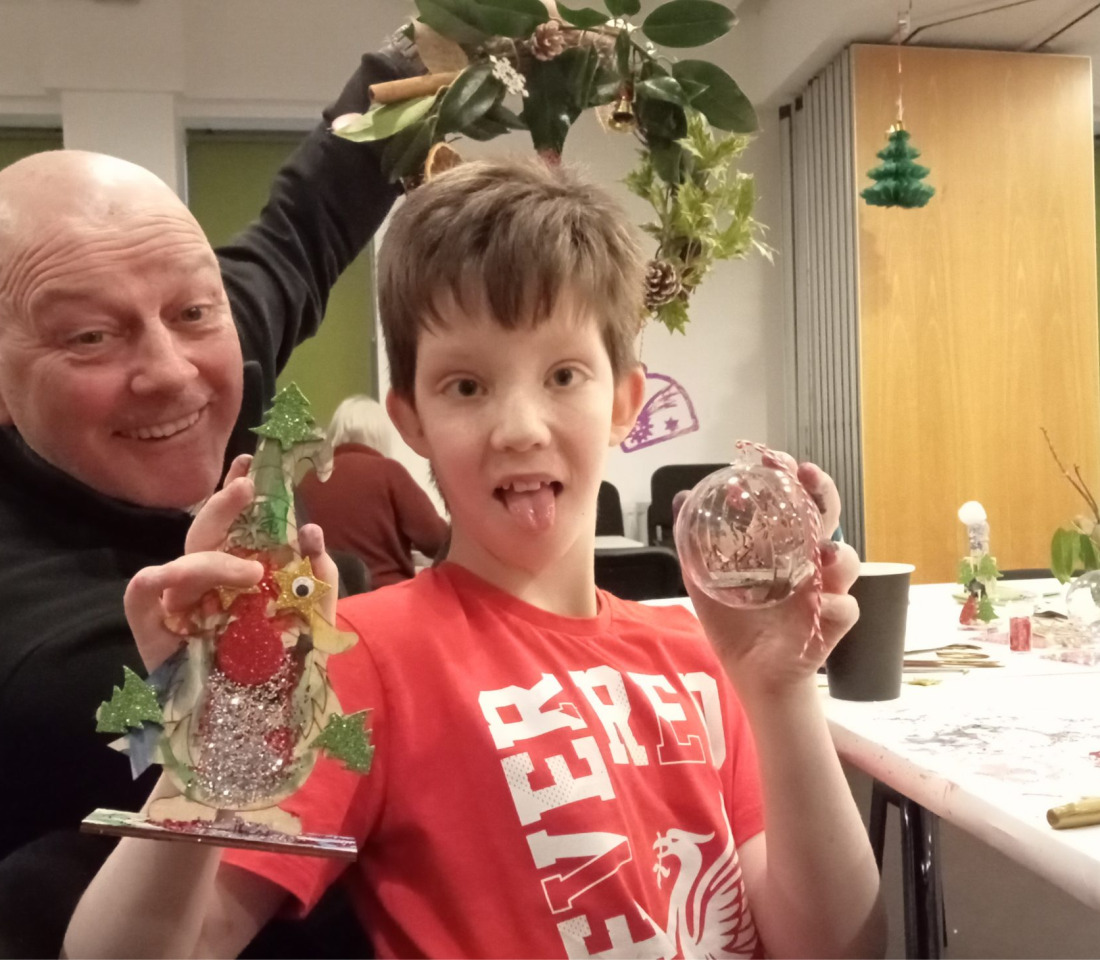Great Minds Don’t Think Alike
A neurodiverse workplace is one which represents the full spectrum of diverse brains, incorporating both neurodivergent and neurotypical employees. Because Great Minds Don’t Think Alike.
Organisations that create neurodiversity-friendly workplaces don’t just help neurodivergent employees ‘work better’. They provide a clear message to all employees, customers, clients and partners about the culture of the organisation, one which is focused on creating an environment where staff are valued and can thrive.
And that way, businesses thrive too.
15 – 20% of people in the UK are neurodivergent. Harnessing, celebrating and maximising neurodiversity in the workplace is vital to the success of an organisation. Neurodivergent employees have incredible strengths.
Some of these strengths can include visualising, attention to detail and focusing well in certain environments. Employers who recognise and adapt to different ways of processing and communicating allow employees to play to their strengths and as a whole the organisation becomes more collaborative and creative with a workforce that is innovative and varied, which makes good business sense.
Neurodivergent experiences in the workplace
Everyone who is neurodivergent is different – no two brains are the same, even if there’s a diagnosis of the same condition. It’s always best to ask someone about their individual preferences. The adjustments that worked for one person may not work for the person in front of you too.
Listening to neurodivergent experiences in the workplace when they are disclosed is key. Read some of the real-life experiences of neurodivergent people in the workplace below.

Teresa was diagnosed with dyslexia after Job Centre staff realised she struggled with writing and her short term memory. At her former workplace, paperwork piling up and the use of tablet computers caused extreme anxiety.
“For me to learn something, I need it repeated over and over. It can take me quite a bit of time to pick up new things. My short-term memory can be a massive problem when learning.”
“Struggling with the written side of jobs can be a massive barrier, but I know with The Brain Charity’s help that I can get there.”

Viktor said many employers didn’t understand him because he is autistic, seeing him as ‘weird’. This meant he had struggled to hold down jobs.
He said: “My behaviour isn’t considered normal, and so people – especially employers – treat me as if I’m weird. It can be frustrating, because I’ve got really useful skills. I am very detail-oriented. I can pick up and remember things other people miss.”
“I am proud of my abilities that come from my autism, but I’m not usually given the chance to use them.”
Neurodivergence and entrepreneurship
There are many great strengths that come with neurodivergence. Moray Luke attributes her ‘out of the box’ thinking to her dyspraxia.

Moray was diagnosed after a childhood brain injury. She launched eco-friendly handbag brand in her bedroom which has been featured on BBC’S Dragon Den. She also held a show at Paris Fashion Week.
She said: “As a neurodivergent adult my disability means I have better ideas and think outside the box – it’s certainly been a strength for having my own fashion business.
“From a young age I became skilled at learning how to read people and I’ve had to learn how to pitch, convey my ideas and be charming and dynamic, because I couldn’t get things down on paper.”
Neurodiversity training from The Brain Charity
The Brain Charity’s neurodiversity training supports organisations to understand what neurodiversity is and how to support neurodivergent staff in the workplace. We work to help employers remove barriers in the workplace and ensure their processes are more accessible. Everyone has the right to fair and equal opportunities in the workplace.
Our training covers topics such as:
• How to create inclusive and accessible recruitment, onboarding and retention processes
• Developing the most neurodiversity-friendly policies
• Adapting workspaces to make them suitable for neurodivergent staff and workers with disabilities
• How to support people who are neurodivergent in the workplace
• Becoming a Disability Confident employer
• Understanding reasonable adjustments, Access to Work and available grants
Find out more about our training packages, and register your interest, by clicking here.











